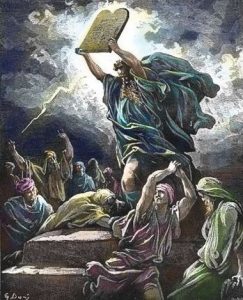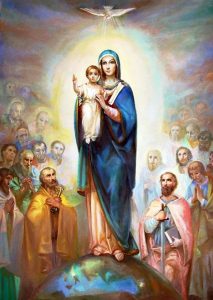Why does God allow so much Evil in the World?
Jesus said, “I have not come but for the Lost Sheep of the House of Israel.” How did these sheep become lost? And why can’t religious leaders who profess to know God answer this question? The prophet Isaiah says, “If they don’t speak according to His Word, it’s because there is no light in them.” Beware of false prophets! “My people have been lost sheep: their shepherds have caused them to go astray…”
Shepherds Lead the Flock Astray
The following video looks at the tradition of the Christmas Tree and it being commanded against even before the time of Jesus. Religious leaders (the shepherds) don’t teach the people (the sheep) that this ancient tradition is evil to God according to His Word.
All we, Like Sheep… Isaiah 53:6
Truly “Ignorance of God is the greatest evil!” and the “reverence of God is the beginning of knowledge…” If your religious leaders are promoting a tradition that is Evil to God, they are ignorant of God and have no real reverence for Him!
God has given a time limit for evil to abide and that time is up! Now is the time to seek Him while He may be found.


